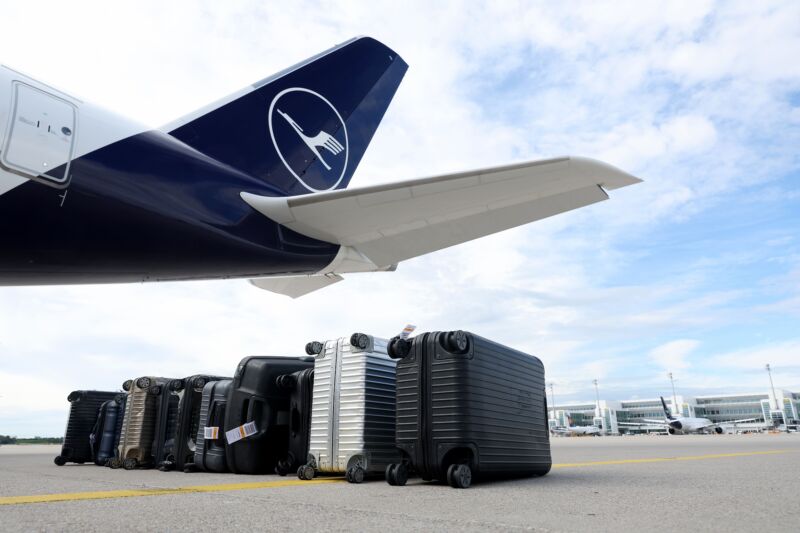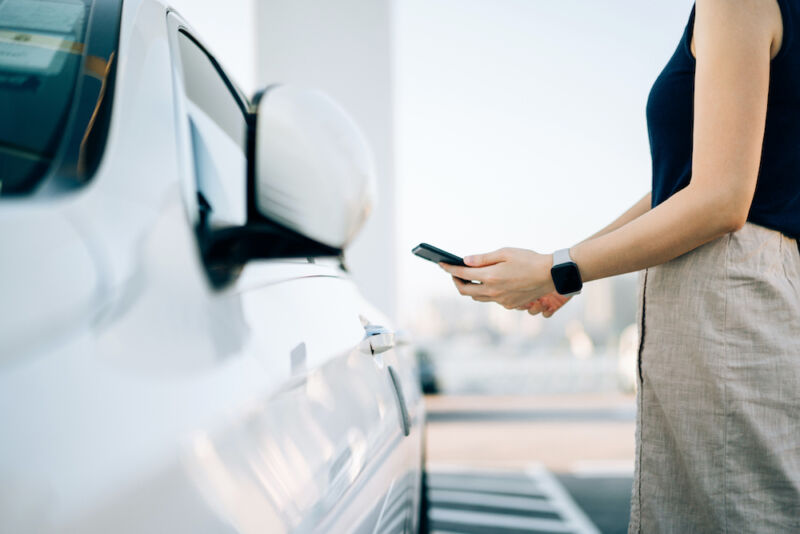-
 chevron_right
chevron_right
Lufthansa awkwardly abandons AirTag ban after baffling face plant
news.movim.eu / ArsTechnica · Thursday, 13 October, 2022 - 18:48 · 1 minute

Enlarge / German airline Lufthansa decided, 17 months after their release, that AirTags in checked luggage could be considered "dangerous goods" under battery and transmission rules that didn't seem to actually apply to the tiny coin-battery devices. (credit: Getty Images)
It was a strange fate that Lufthansa and its customers should suffer so much fear and doubt for something as small as an Apple AirTag.
But suffer they did, because the German airline Lufthansa, seemingly misreading an International Civil Aviation Organization (ICAO) regulation, positioned itself this week as the only major airline banning people from tracking their checked luggage with AirTags. A representative for the company tweeted Saturday that it was "banning activated AirTags," following up Sunday that it was concerned the tiny CR2032 coin batteries and Bluetooth Low Energy (BLE) transmitters in Apple's tracking devices could be considered " dangerous goods" under ICAO rules.
Outcry, close reading of the relevant sections ( part 2, section C ) of ICAO guidelines, and accusations of ulterior motives immediately followed. AppleInsider noted that the regulations are meant for lithium-ion batteries that could be accidentally activated; AirTag batteries are not lithium-ion, are encased, and are commonly used in watches, which have not been banned by any airline. The site also spoke with "multiple international aviation experts" who saw no such ban in ICAO regulations. One expert told the site the ban was "a way to stop Lufthansa from being embarrassed by lost luggage."

